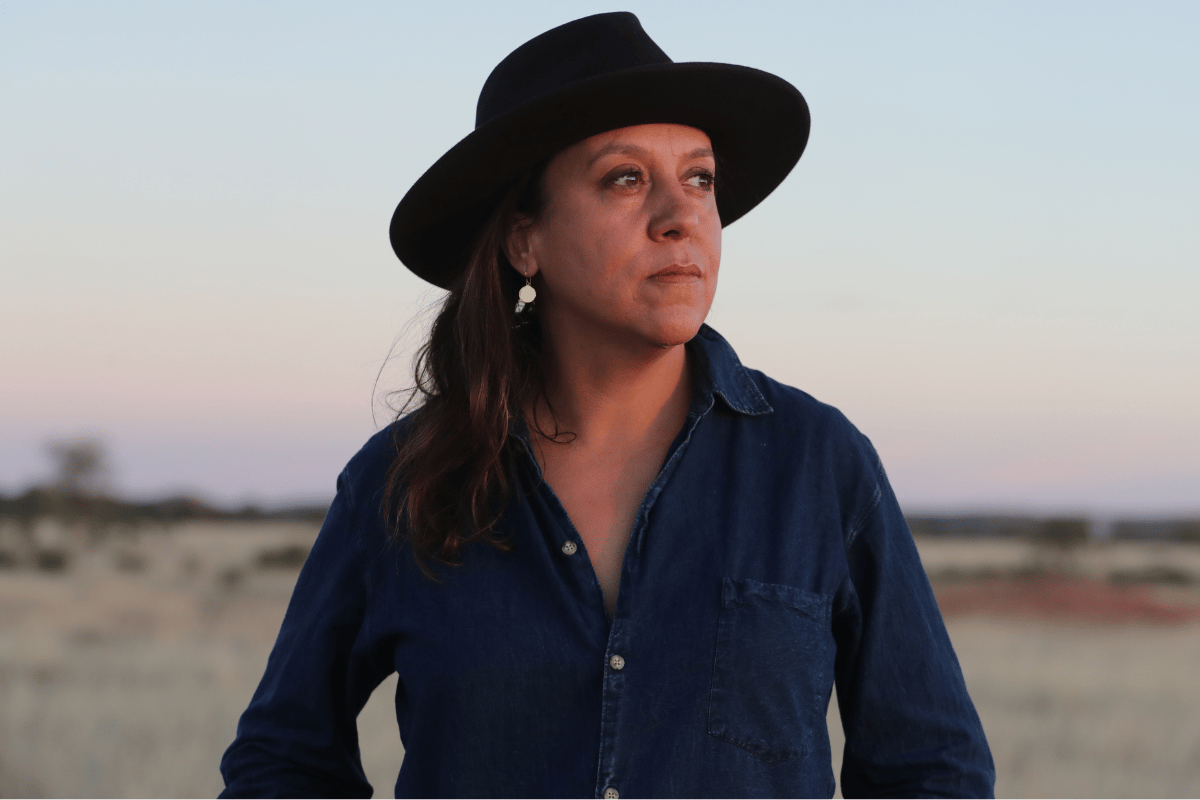
Content Warning: Aboriginal and Torres Strait Islander readers are advised that the following article contains confronting information and the names of deceased First Nations peoples.
When Indigenous filmmaker Rachel Perkins decided to uncover the truth behind Australia's history, she knew the revelations would be confronting.
But she didn't expect just how emotional it would make her – because she didn't realise just how tied this history was to her own family.
Giving a voice to important stories has always been at the heart of Rachel's ambition. And unpacking the frontier wars is one such example – a story she has wanted to tell for a very long time.
The Australian Wars is a new three-part TV series on SBS directed and produced by Rachel, an Arrernte and Kalkadoon nations woman, that tells the story of Australia's longest and perhaps most defining war that has been kept silent – until now.
Britain's claim to the Australian continent began as soon as the First Fleet landed in 1788 – marking the start of a painful history that disregards First Nations peoples' sovereignty. It is a time known as the frontier wars.
One such massacre that took place at this time is now referred to as 'Blackfellow's Bones' – the name itself painting a confronting yet accurate picture.
Years before, Rachel had been told about the event via her father, the late Indigenous activist Charles Perkins. But she didn't realise the full extent until recently.
As part of her new SBS series, Rachel returned home to Arrernte Country in the Northern Territory, to the location where the massacre took place. Because this event is where members of Rachel's own family were killed by colonists.

Top Comments